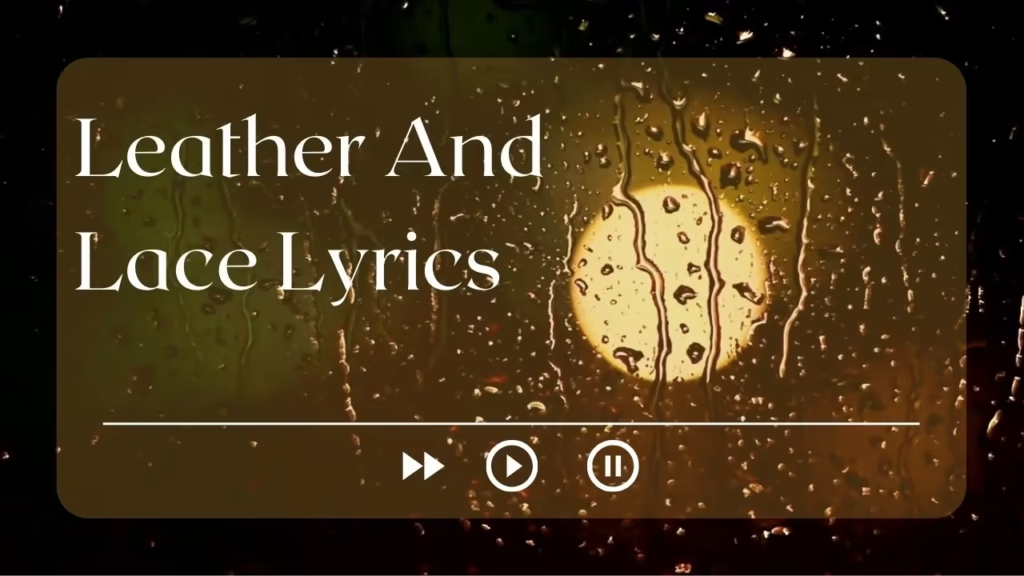The song was written in 1979 by Randy Brooks, a songwriter from Texas. It was first recorded by the husband-and-wife duo Elmo Shropshire and Patsy Trigg. Elmo was a veterinarian by profession, and Patsy a singer.
The song tells a fictional tale of a grandma who, after too much eggnog, wanders out on Christmas Eve and is hit by Santa’s sleigh. It’s sung in a comically deadpan style.
Lyrics And Meaning
Here’s a breakdown of “Grandma Got Run Over by a Reindeer” — section by section, with simplified explanations for each part.
🎶 Verse 1
Grandma got run over by a reindeer
Walking home from our house Christmas Eve.
You can say there’s no such thing as Santa,
But as for me and Grandpa, we believe.
🔍 Meaning:
This introduces the premise of the song. It claims that Grandma was hit by Santa’s sleigh on Christmas Eve. The narrator and Grandpa still believe in Santa despite the bizarre tragedy, adding a comical twist to holiday faith.
🎶 Verse 2
She’d been drinkin’ too much eggnog,
And we’d begged her not to go.
But she’d left her medication,
So she stumbled out the door into the snow.
🔍 Meaning:
Here, we learn that Grandma was a bit tipsy from eggnog and forgot her medicine. Against family advice, she went out into the cold. This sets up the absurdity of the situation — and her unfortunate fate.
🎶 Verse 3
When they found her Christmas mornin’,
At the scene of the attack,
There were hoof prints on her forehead,
And incriminatin’ Claus marks on her back.
🔍 Meaning:
The next morning, they discover the aftermath. Clues point to Santa and his reindeer being responsible, which plays up the dark humor and absurd conspiracy angle.
🎶 Chorus (Repeated)
Grandma got run over by a reindeer…
But as for me and Grandpa, we believe.
🔍 Meaning:
The chorus repeats the central idea — despite a seemingly supernatural “accident,” the characters affirm their belief in Santa. The satire here pokes fun at holiday myths and blind belief.
🎶 Verse 4
Now we’re all so proud of Grandpa,
He’s been takin’ this so well.
See him in there watchin’ football,
Drinkin beer and playin’ cards with cousin Belle.
🔍 Meaning:
Grandpa seems suspiciously fine after the loss of his wife. This verse humorously hints at possible indifference or even relief, playing on family dynamics with exaggerated detachment.
🎶 Verse 5
It’s not Christmas without Grandma.
All the family’s dressed in black.
And we just can’t help but wonder:
Should we open up her gifts or send them back?
🔍 Meaning:
Despite mourning Grandma, the family is still faced with a practical dilemma — what to do with her Christmas presents. It reflects how holidays carry on even in odd or tragic times.
🎶 Verse 6
Now the goose is on the table
And the pudding made of fig.
And a blue and silver candle
That would have just matched the hair in grandma’s wig.
🔍 Meaning:
This paints a vivid Christmas dinner scene. The candle’s color reminding them of Grandma’s wig adds a layer of bittersweet nostalgia mixed with dark humor.

🎶 Verse 7 (Final)
I’ve warned all my friends and neighbors.
“Better watch out for yourselves.
They should never give a license,
To a man who drives a sleigh and plays with elves.”
🔍 Meaning:
The narrator closes with a mock public service announcement — warning others about Santa’s sleigh-driving skills. It’s a parody of civic warnings and adds a final comedic punch.
How It Became Famous
Elmo & Patsy self-released the song. It got airplay in San Francisco and quickly caught national attention. Radio stations were split — some loved it, others banned it.In 1984, Elmo re-recorded it solo after he and Patsy divorced. That version became the best known.By the late 1980s, it had become a Christmas cult hit. It’s often cited as one of the most played and most polarizing holiday songs of all time.
Read More: Winter Wonderland Lyrics – Christmas Lyrics & Music


